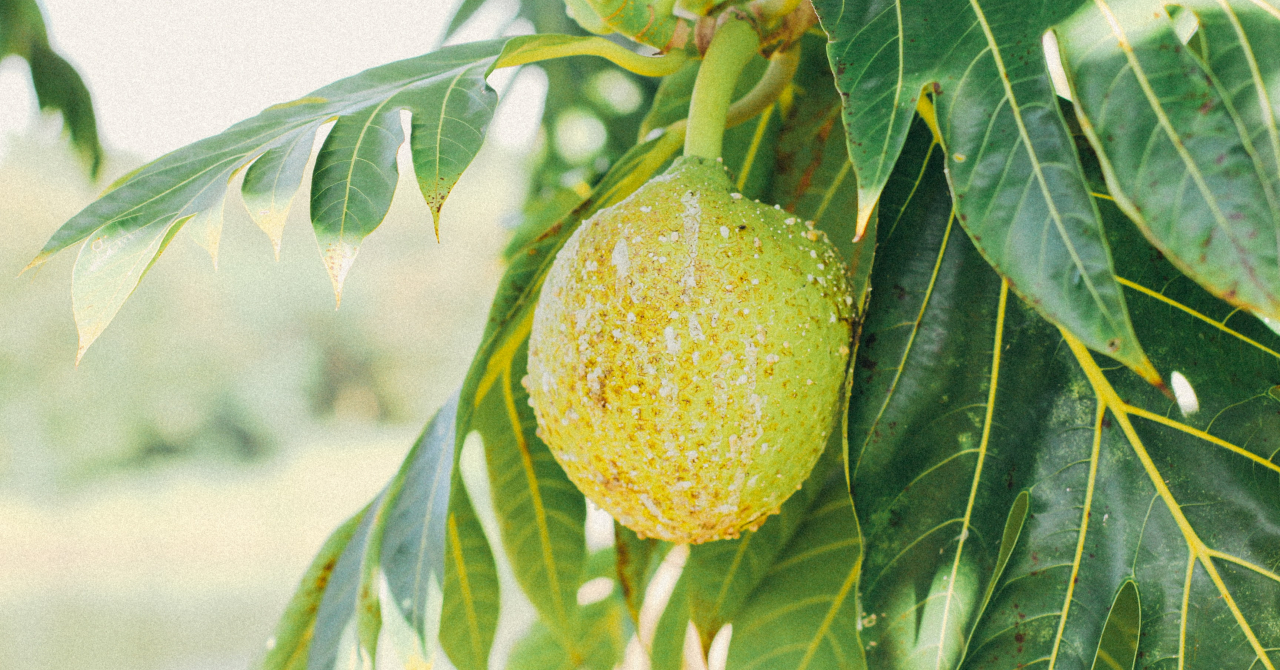According to AZO Cleantech, breadfruit could be resilient to the upcoming climate changes and it could be a well-suited crop in areas that will be heavily affected by these changes, according to researchers at Northwestern University.
Northwestern's Daniel Horton, a senior author on the study, said that "breadfruit is a neglected and underutilized species that happens to be relatively resilient in our climate change projections."
Breadfruit is not actually a fruit, despite its name, as it rather resembles a potato, due to its starchy and seedless nature.
Breadfruit is a very nutritious type of food, as it is rich in vitamins, minerals and fibers.
People in the native area of the fruit have been eating it for thousands of years, steamed, roasted and fried, among other ways.
Nyree Zerega, breadfruit expert and director of the Program in Plant Biology and Conservation, said that "breadfruit trees can live for decades and provide a large amount of fruits each year. In some cultures, there is a tradition to plant a breadfruit tree when a child is born to ensure the child will have food for the rest of their life."
Scientists studied how the climate could look like in 2060 and 2080 and determined that, even if emissions are to rise, which they say it's unlikely to happen, breadfruit could still be cultivated and would be rather unaffected by the changes.
Expert Lucy Yang said that "despite the fact that climate will drastically change in the tropics, climate is not projected to move outside the window where breadfruit is comfortable."
Due to the fact that breadfruit grows in a tree, it has many benefits compared to rice and soy crops, such as the fact that it doesn't need to be replanted every year and it requires less water and energy to grow.
It can also capture carbon emissions over the tree's lifetime, similar to other trees.
 Mihai - Cristian Ioniță
Mihai - Cristian Ioniță












Any thoughts?